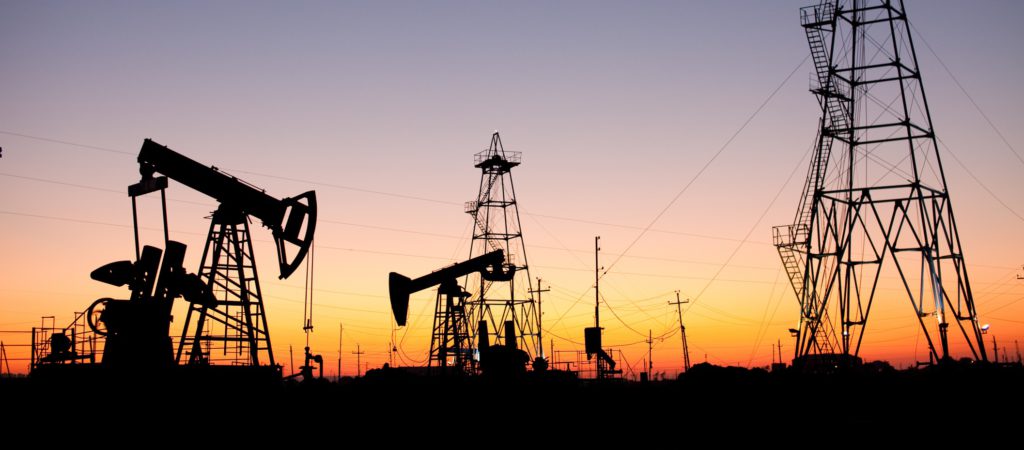Aral sees a future for petrol stations in new report
06 December 2018

6 December 2018
Oil company Aral has conducted a study into the future of mobility together with the German Aerospace Centre (DLR).
The company has found that as distance travelled by the average vehicle user will increase by around 24% by 2040, there will still be a need for fuel pumps, with two-thirds of vehicles still using highly refined petrol and diesel fuels, although many of these will be utilising hybrid technology.
The study, Petrol Station of the Future, suggests that despite a falling population, Germans will cover 900 billion kilometres by car and commercial vehicle in 2040. This represents a significant increase in mileage, even though the number of people falling by 4.7 million over the same period. Commercial vehicles will cover double the mileage – even in the big city. This is mainly due to the growing e-commerce business and increasing freight transport performance. However, private car traffic will decrease by 5% by this time.
One explanation for this is new mobility service providers, which are taking over transport services in connection with the growing supply of autonomous vehicles. According to DLR, by 2040 they will already account for 25% of the total fleet.
A decisive factor in the development of mobility and the service station offer is the mix of future drive technologies. According to DLR, cars will increasingly use hybrid drive in 2040. In this segment, petrol and diesel hybrids will prevail at 68% for new passenger car registrations. Plug-in hybrids are also finding increasing sales with a 28% share. According to calculations by the DLR, petrol or diesel-powered vehicles, including hybrid propulsion, account for two-thirds of the total number of vehicles. However, electrification is also progressing. The report says that without changes in the political framework, 1.3 million electric cars will be on the roads in the future. Of the rapidly growing number of commercial vehicles in 2040, 13% will be powered by electricity.
In the fuel business, the number of dispensers will be reduced in favour of charging stations. With more electric vehicles and improved technology, these will also be economical in petrol station operation. This is especially true for Ultra-Fast Charging (UFC) columns of up to 350 kW, where the battery can be charged on suitable cars in five minutes for a range of up to 145 kilometres. Also, future tank robots could take over refuelling or loading.
“The gas station will certainly continue to play an important role in our mobility in the future. With new functions, it can become a hub in our everyday lives, ” summarised Barbara Lenz, Director of the Institute for Transport Research of the German Aerospace Centre. ′However, a lot will change in the offer. The three classic pillars of fuel business, shop and car wash are retained, but must be adapted to technological changes and changing customer needs.’
Aral sees itself well prepared for the coming changes with a nationwide dense filling station network of 2,450 stations and around two million customers daily. “As long as people move, there will be a role and potential for the gas station,” explains Patrick Wendeler, Chief Executive Officer of Aral. ′Today, as in the future, it will be important that the offer of the individual stations meets the specific customer requirements in the environment. Our customers and their needs are the key drivers for the development of our business. You decide what will ultimately prevail in the market,’